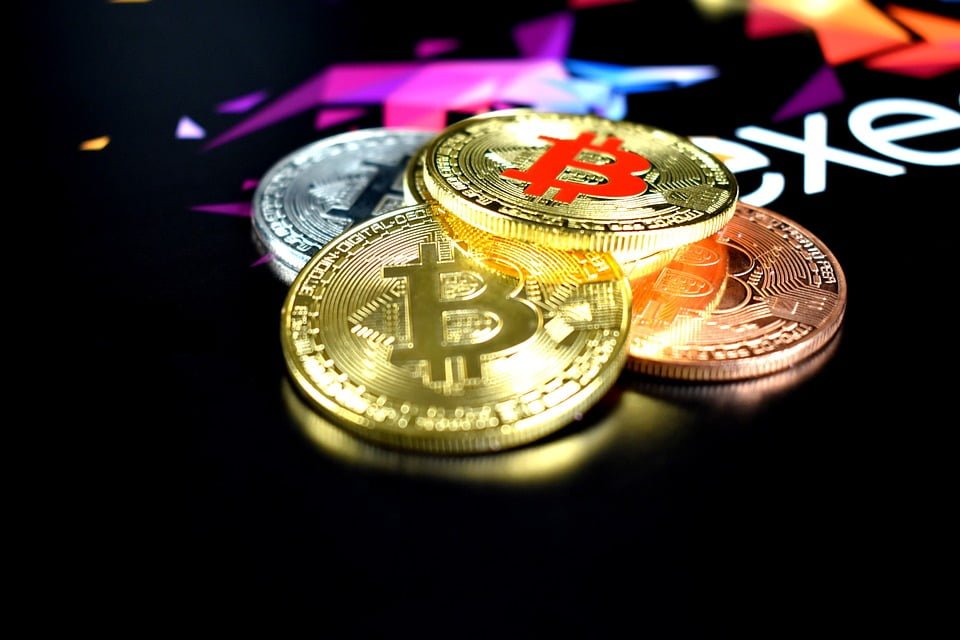In recent years, blockchain technology has emerged as a powerful tool that is revolutionizing the way we do business, exchange information, and even govern ourselves. Central to this revolution is the concept of decentralization, which is at the heart of the blockchain’s design and functionality.
Decentralization is the principle of distributing power and control away from a central authority and instead allowing multiple parties to make decisions collectively. In the context of blockchain technology, decentralization ensures that no single entity has control over the network, ensuring transparency, security, and trust among all participants.
One of the most significant ways in which decentralization is changing the world is through the democratization of financial systems. Traditionally, financial transactions are controlled by banks and other financial institutions, which charge high fees and can take days to process transactions. With blockchain technology, users can transfer money directly to one another without the need for intermediaries, making transactions faster, cheaper, and more secure.
Decentralization is also reshaping industries such as supply chain management, real estate, healthcare, and even governance. By using blockchain technology, companies can track the movement of goods from manufacturer to consumer, ensuring the authenticity and quality of products. In real estate, blockchain can streamline the process of buying and selling properties, reducing the need for costly middlemen. In healthcare, blockchain technology can securely store patient medical records, allowing for seamless sharing of information among healthcare providers.
Furthermore, decentralization is also empowering individuals to have more control over their data and personal information. With centralized platforms such as social media and search engines collecting and selling user data, blockchain technology offers a more secure and private alternative. Users can control who has access to their data and even be incentivized to share it with companies in return for compensation.
Overall, the power of decentralization through blockchain technology is transforming the world in profound ways. By removing the need for intermediaries, increasing transparency, and empowering individuals, blockchain is paving the way for a more efficient, secure, and equitable future. As more industries and governments embrace decentralization, we can expect to see even more innovation and disruption in the years to come.









